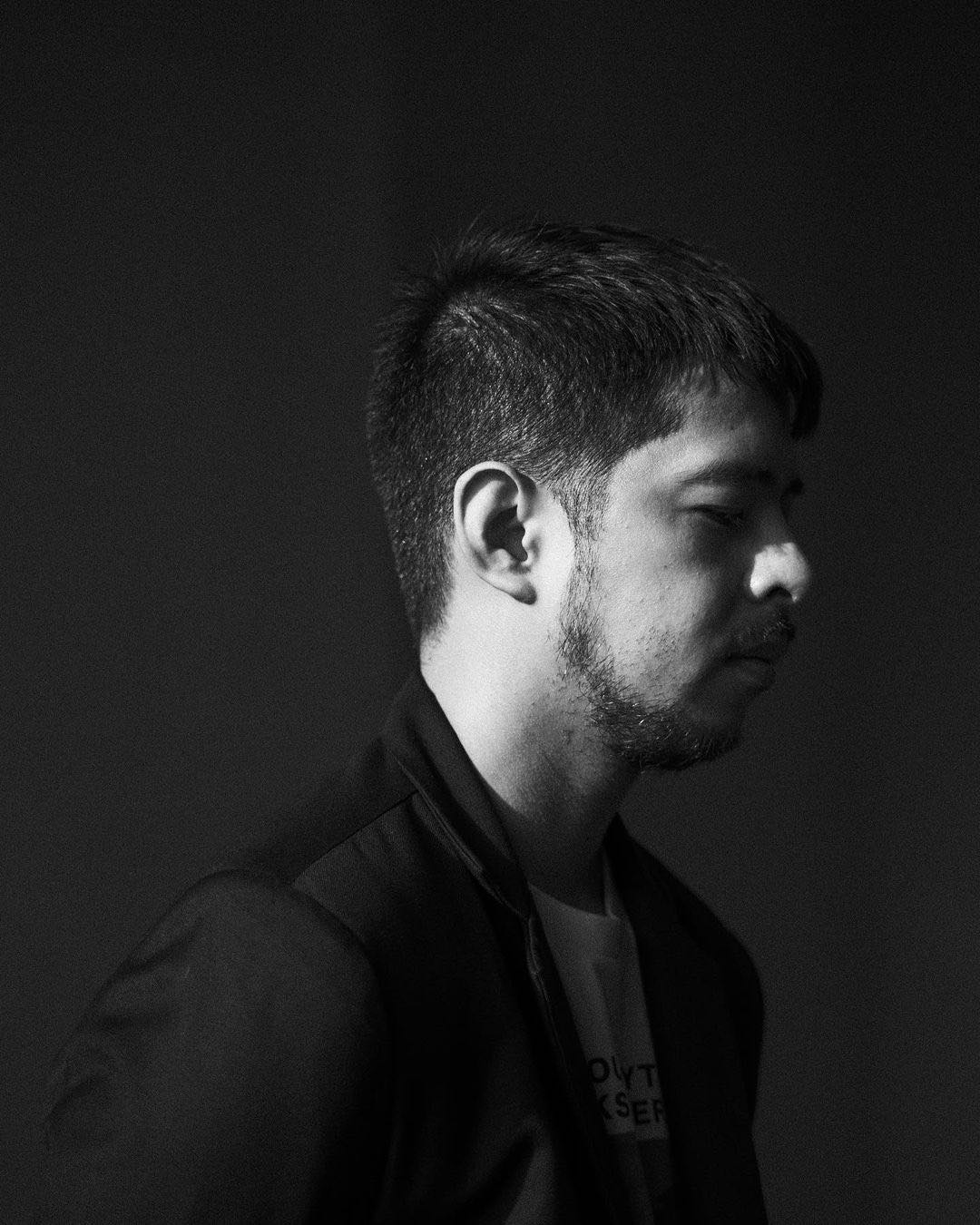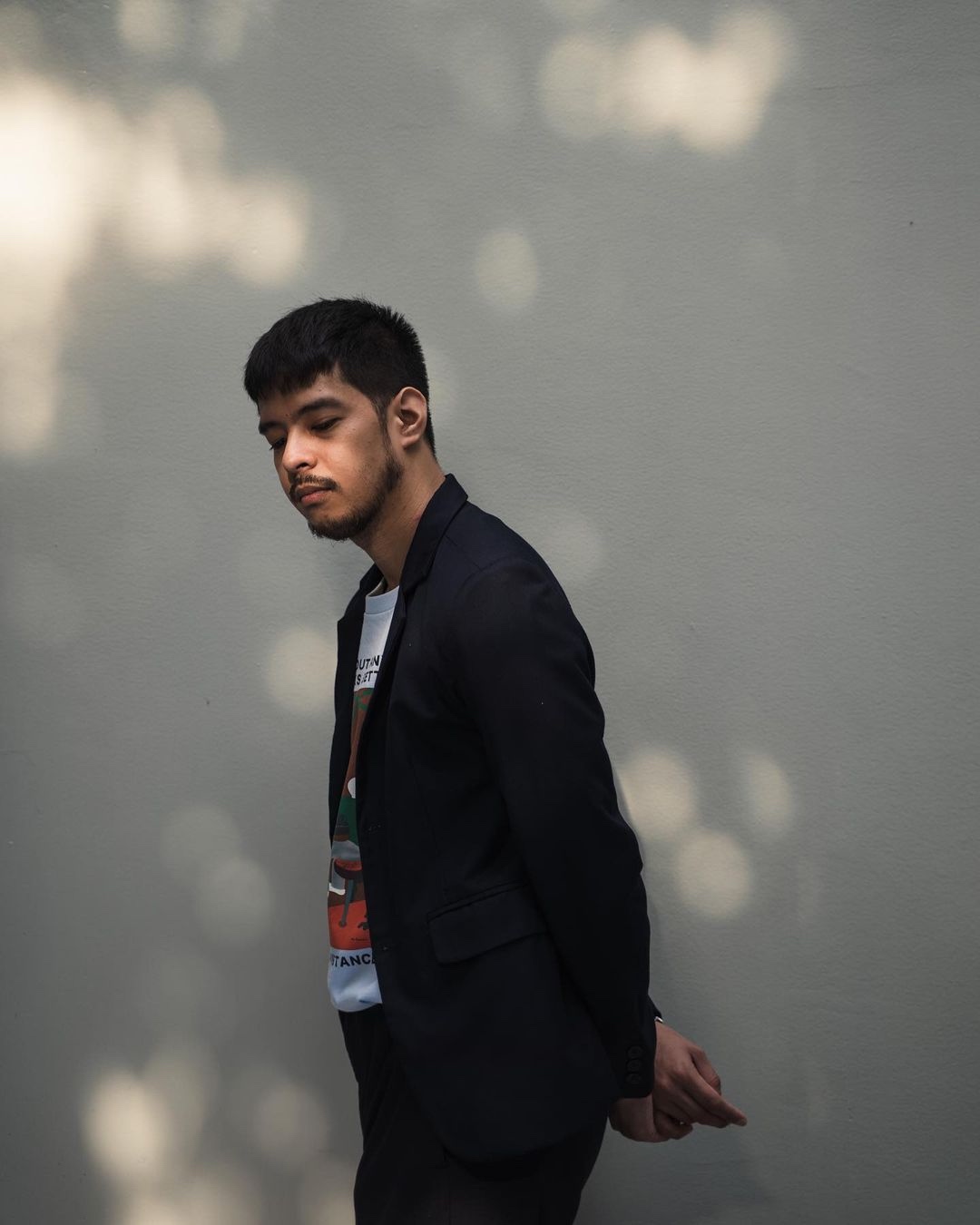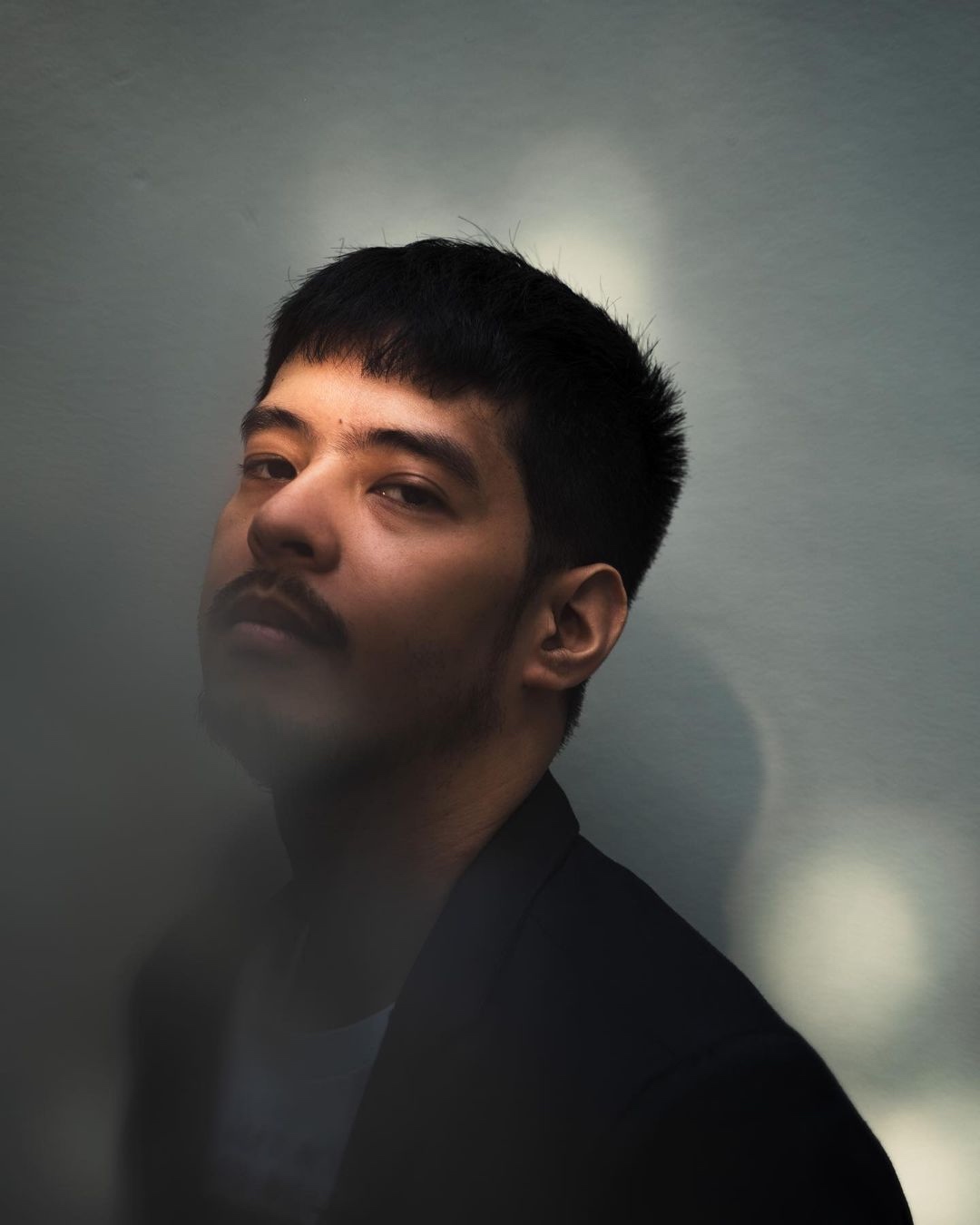Gay on main: A brief conversation with queer author Don Jaucian
An intimate and tender image of a man only in his undies. That’s supposed to be the cover of Don Jaucian’s debut essay collection Brief Histories, launched in early November at First Co-Working Space in Escolta, Manila.
“My favorite essay in the book is Someday I’ll Learn To Love My Body, tapos merong perfect na photo si JL [Javier] for that,” says Don in a sit-down interview with PhilSTAR L!fe. “Sabi ko, ‘Oh my god, that’s the photograph that I want for the cover.’”
But like the journey of making his first book, Don had to peel away his ego and surrender his heart (yes, in Carly Rae Jepsen fashion) to a visual language that evokes how he, to paraphrase the words of Lawrence Lacambra Ypil, names and unnames himself in search of a genuine safe space.
“Ang tagal namin. Andaming binibigay na draft ng covers and parang ‘yun ang nasa isip ko. Na parang, ‘Okay, this is the cover that I want!’ Back then, iniisip ko kasi na seryoso ‘yung libro and it never occurred to me that people [would] find it funny, and I still don’t think of it as funny.”
“I also changed my perception of the book throughout that process,” adds Don.

Reading Brief Histories in one go is beyond a drive of consumption. It’s like reading a gospel of a flawed, irreverent queer god who lays bare searing insights and the how-tos of growing up as a gay boy in the Philippines—a gospel equal parts holy and secular. And contrary to the book’s title, Don does not merely skirt around his brief encounters of queerness but also confronts head-on the cultural and material violence that inherently comes with being bakla in the country. This is also why he wants the book “to be done mostly by queer people,” who know firsthand what it’s like to endure a life on the fringes of society.
Like the fire sign that he is, Don overshares or “tells you the real backstory,” as Elaine Castillo cleverly puts it, and he blames the Tumblr era of writing for it. “Oversharing is definitely something that is innate in that culture,” he says. But central to this rather welcome oversharing is how he navigates various spaces, often marginal and limited, as a queer person.
“Naiisip ko, as someone who identifies as queer, meron lang akong select spaces that I go to whenever I’m outside the house kasi ‘yun lang ang spaces for me, for my friends. So I really loved the idea of expressing the concept of space sa buhay ng isang bading.”
Don does not merely skirt around his brief encounters of queerness but also confronts head-on the cultural and material violence that inherently comes with being bakla in the country.
Such spaces that orbit around culture, body, family, and home were apparent since Don’s childhood in his hometown Olongapo, where “having queer interests automatically casts you aside from the rest of the cool group.” So, as a kid, he resorted to anime shows, pop hits, glossies, and video games to find a faint semblance of that space of acceptance. “What would I answer if my mother asked me why I’m watching a show called Sex and the City? There’s no TV equivalent for ‘Uhm, I read it for the articles,’” he remarks in the opening essay.
These spaces would eventually branch out as he moved to Manila. “I moved out of Olongapo because I wanted to be with my partner then. It felt like I couldn’t explore who I am kung doon ako nakatira,” says the author. “Well, number one, walang opportunities for me there as a writer. The career choice that I actually wanted was here [in Manila]. But it happened that my partner was also based here. So sabi ko, ‘Sige, we can move out together. I can live with you.’”
The decision was also rooted in an unfortunate reality. “My parents aren’t welcoming of the idea of me being gay. May mga sinabi sila na naramdaman ko ‘yun. So sabi ko, ‘I think mas okay na umalis ako ng bahay.’”
“Leaving home is a choice of identity as much as it is of economics,” he points out.

In fact, Don’s relationship with his parents is a contradiction that he remains to contend with. “This book will not reach the hands of my parents. I mentioned it in the acknowledgment. I mean, I love them. I love my parents. I love my family. But there’s always the sense that I’m living a double life na parang they have an idea of what I am as a person. I’m out to my mom, not to my dad. I’m not really embarrassed, but also I don’t want them to find out this person, this Don that lives here and is living this life. I think it will break their heart.”
The author also relates this desire to find, if not create, safe and inclusive spaces to his experience at the height of the pandemic. “Being in a confined space for such a long time for the duration of the lockdown, it was something that was always troubling. What more kung queer person ka na nasa space where people are very hostile to you or aren’t welcoming of your identity?”
However, what makes Brief Histories an exciting and transgressive read is how it arises from its otherwise bourgeois preoccupations on identity and romantic fantasies, parsing every nuance where gender and class issues intersect and punctuating every essay with a reality check of having to “flit from one paycheck to another” and that there are things that simply cannot be outdone by hard work.
“Napaka-Western nung idea of identity as central to a person’s life, so I didn’t want the book to be solely about that,” says Don. “I don’t know if this is apparent in the book, but parang lahat may underscore of socioeconomics kasi lumaki din naman ako na walang pera like hindi kami family of means. So parang lahat ng desisyon ko sa buhay ay grounded ng ganung [material struggle].”
I’m out to my mom, not to my dad. I’m not really embarrassed, but also I don’t want them to find out this person, this Don that lives here and is living this life. I think it will break their heart. —Don Jaucian
So the decision to end the book with an essay about home as space, which anchors on a socioeconomic aspect of a queer person’s life, is a deliberate choice. “It’s something that I always think about as someone who moves in different apartments every now and then, as someone who shuttles between two apartments now because I want to have my own space but also I want to have a space with my partner.”
“As much as we want to live together as a legitimate couple, we don’t have the purchasing power. Ano nga naman ba ‘yung mabibili ng dalawang bading ‘di ba? Tapos we can’t own it together, we can’t be married. Kanino mapupunta ‘yung bahay ‘di ba? Kanino mo ipapangalan?”
Talking about his favorite essay, which alludes to a popular poem by Ocean Vuong, Don admits that learning to wholly embrace his body and make sense of it, especially in this gay age of Grindr and hookups, is an everyday negotiation.
“Through the years, I think I’ve tried to subvert expectations … Well, number one, physically hindi ako ‘yung ine-expect ng mga bading na pwedeng gawing boyfriend kasi iba ‘yung idea nila of a gay partner,” he explains. “I mean, nagde-debate pa rin ‘yung katawan ko kung gusto ko bang mag-gym today o hindi, gusto ko bang bumorta o hindi, gusto ko bang mag-conform sa gusto ng mga bading o hindi.”

But if there’s one thing certain about Brief Histories, it's that Don’s language knows whereof it speaks—how he’s unapologetic on watching porn and talking “plenty about dick” and how he refuses to set in italics words like bakla, baklita, bading, kabadingan, as if to say that, in this liminal space, he is shedding his old skin, expectations be damned.
During the night of the book launch, DJ Mark Saavedra plays the ultimate baklaan core: a remix of My Heart Will Go On, the song in the book opener, K-Pop hits, ‘90s-era music, and staple songs from today’s pop culture royalties. Holding a bottle of beer, everyone enjoys their, to borrow Don’s words, “tiny, private moments of emancipation,” gracing the dancefloor, bobbing their heads, and letting loose their shoulders and hips. Never mind how small the space is, never mind the sweat that comes with the rush and tension of singing a song at top of their lungs, every lyric etched on their memory. Everyone lets no chance slide to revel in that precious space, where they can display their queer affection unabashedly.
I admit, I was never one for the parties. But right then and there, I felt the urge to come out of my shell, frequent more gay clubs with blinding lights and piercing music (yes, I’d endure that), and dance to a Carly Rae Jepsen song in the middle of a drunk crowd until my twink, frail body peters out, like I own the dancefloor, like nothing matters.
This is, dare I say, the living embodiment of a safe space—a brief history that Don’s book ever so gently captures.
Brief Histories is available on Lazada. Check out Everything’s Fine PH on social media for more updates.


